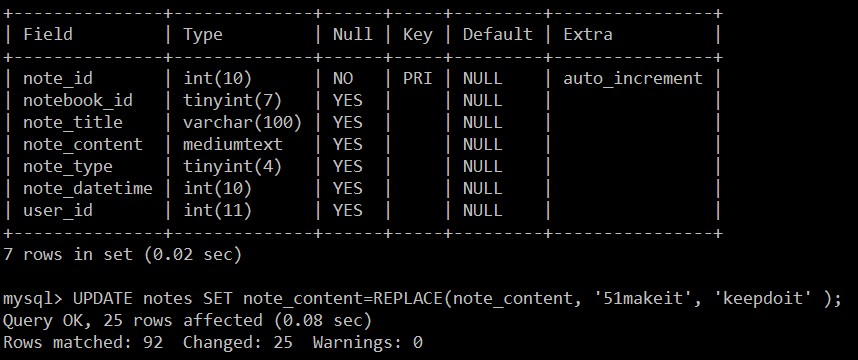
- 每天进步一点点!
文章分类
常用手册
PHP截取字符串函数【原创】
function cut_str($string, $sublen, $start = 0, $code = 'UTF-8', $ext = '') {
if ($code == 'UTF-8') {
$pa = "/[\x01-\x7f]|[\xc2-\xdf][\x80-\xbf]|\xe0[\xa0-\xbf][\x80-\xbf]|[\xe1-\xef][\x80-\xbf][\x80-\xbf]|\xf0[\x90-\xbf][\x80-\xbf][\x80-\xbf]|[\xf1-\xf7][\x80-\xbf][\x80-\xbf][\x80-\xbf]/";
preg_match_all ( $pa, $string, $t_string );
if (count ( $t_string [0] ) - $start > $sublen)
return join ( '', array_slice ( $t_string [0], $start, $sublen ) ) . $ext;
return join ( '', array_slice ( $t_string [0], $start, $sublen ) );
} else {
$start = $start * 2;
$sublen = $sublen * 2;
$strlen = strlen ( $string );
$tmpstr = '';
for($i = 0; $i < $strlen; $i ++) {
if ($i >= $start && $i < ($start + $sublen)) {
if (ord ( substr ( $string, $i, 1 ) ) > 129) {
$tmpstr .= substr ( $string, $i, 2 );
} else {
$tmpstr .= substr ( $string, $i, 1 );
}
}
if (ord ( substr ( $string, $i, 1 ) ) > 129)
$i ++;
}
if (strlen ( $tmpstr ) < $strlen)
$tmpstr .= $ext;
return $tmpstr;
}
}
linux递归的删除某个目录下的文件【原创】
如果想删除linux系统中一个目录下某个文件,包括子目录下的这个文件,如删除一个目录下所有的.svn文件夹,可以用下面这个命令。
find 要查找的目录名 -name .svn |xargs rm -rf
mysql中批量替换某个字段中的字符串【原创】
今天我的一个域名到期了,可是图片的url地址在mysql中存储的还是之前用的那个域名,造成等图片正常显示,想到用mysql的批量替换,将原来的域名替换成现在的域名。用到了下面的mysql命令
UPDATE 表名 SET 字段 = REPLACE(字段,'待替换内容','替换值');
上张图片
UPDATE notes SET note_content=REPLACE(note_content, '51makeit', 'keepdoit' );

再看下面的一个例子:
想讲title中的“第*讲:”去掉,可以用到这个命令
SELECT id,kid,title FROM `ke_classroom` WHERE kid=148;
#update ke_classroom set title = replace(title, title,substring(title, locate(':', title)+1)) WHERE kid=148;


秒的整数值换算成时分秒形式【原创】
给定一个整数值的秒值,将其换算成时分秒形式的值,如:3599秒换算成:00:59:59
<?php $second = 3599; $h = floor($second / 3600) ; $h = $h > 9 ? $h : '0' . $h; $m = floor(($second % 3600) / 60) ; $m = $m > 9 ? $m : '0' . $m; $s = $second - $h * 3600 - $m * 60; $s = $s > 9 ? $s : '0' . $s; $time = $h . ':' . $m . ':' . $s; echo $time;
PHP error_log的使用【原创】
$array = array(1=>'one', 2=>'two', 3=>'three', 4=>4, 5=>5);
error_log('$array = ' . print_r($array, true) . "\n", 3, "/tmp/error.log");
//或
error_log('$array = ' . var_export($array, true) . "\n", 3, "/tmp/error.log");
tail -f /tmp/error.log
输出:
$array = Array
(
[1] => one
[2] => two
[3] => three
[4] => 4
[5] => 5
)
$array = array (
1 => 'one',
2 => 'two',
3 => 'three',
4 => 4,
5 => 5,
)
注:
- error.log文件的路径和文件名可以随意指定,但必须有web服务器用户的可写权限
- var_export比print_r更能反映数据的类型
- 此函数在进行AJAX调试时很有用
- 在进行线上正式环境操作应多使用该函数,避免使用var_dump,print_r直接将数据打印到页面上。